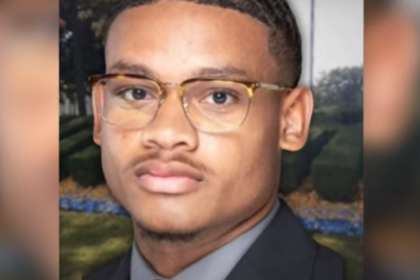
Former Florida A&M University band director Julian White believes he is being sacrificed over the alleged hazing death of band member Robert Champion, and threatens to file a lawsuit to get his job back.
FAMU President James Ammns said in a statement that White’s “alleged misconduct and/or incompetence involv[ed] confirmed reports and allegations of hazing.”
Orange County Sheriff Jerry Demings, along with the state attorney general, said hazing was being investigated at the famed Tallahassee, Fla.-based HBCU as a possible contributing factor in Champion’s death.
“[We] believe that [White’s] removal for the specious allegations of wrongdoing with respect to hazing is protected by the rules regarding tenure and could subject the university to separate legal action if he is denied the privileges and protections appertaining to his rank,” Tallahassee attorney Chuck Hobbs wrote. “White has been at the vanguard of implementing measures to eliminate hazing within the Marching 100 over the past 22 years.”
Champion, a 26-year-old drum major from suburban Atlanta, was on a charter bus outside the Rosen Plaza Hotel in Orlando, Fla., on the night of Nov. 19 when he became nauseous and complained he was unable to breathe. Band members on the bus dialed 911 and tried to perform CPR, but to no avail. Champion’s family said they will file suit against White and FAMU over Champion’s passing.
Hazing is as much a part of American culture as apple pie and baseball. It has taken place for decades on newcomers in collegiate and professional athletics, on freshmen at high schools, in fraternities and sororities and, as this writer can personally attest, even in the military. But this instance has taken on national scope and scrutiny because, once again, the suspected hazing incident may have contributed to a person’s death. The actual cause of Champion’s death, however, may not be known for months, pending autopsy result.
There have been other cases of severe hazing of HBCU band members in the past. These include:









